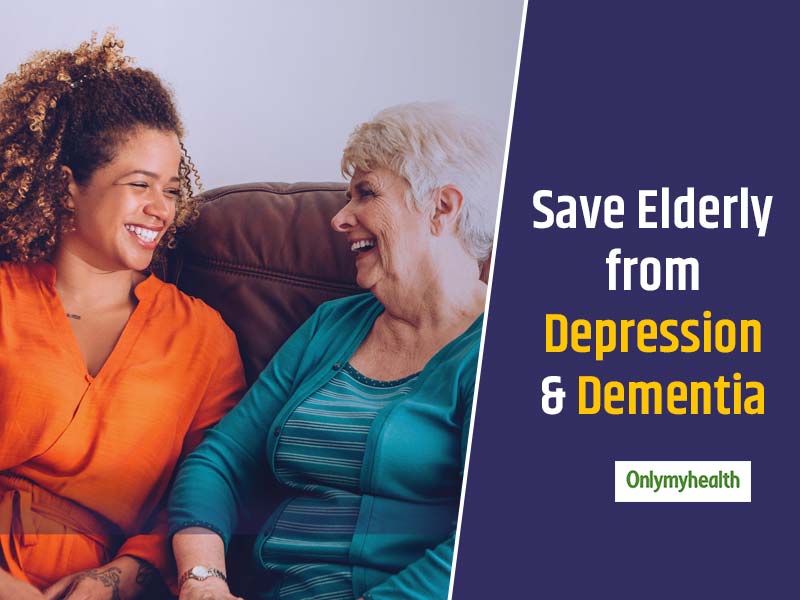
It is speculated that the proportion of the world's population above 60 years of age will rise to 22 %. It is also common to see most of the aged population suffering from neurological disorders, leaving aside minor headaches. Moreover, 6.6% of all disability among over the 60s is related to mental disorders. As per researchers, there will be more and more people living up to their 80s and 90s. Most of the mental illnesses occur due to maltreatment and the approach of their family members and society. Around 6% of older in developed countries have experienced some form of abuse at home, and it varies with the social condition.
Table of Content:-
Also read: Postpartum Psychological Problems

Psychological, social and biological factors are major determinants of a person's mental health. Most of the elders often witness the inability to sustain on their own due to several reasons like mobility issues, chronic pain, mental and physical limitations and a drop in their economic status due to unemployment. All these factors lead to isolation, loss of independence, are also vulnerable to physical neglect and maltreatment. Maltreatment of elders may not lead to physical injuries but is often the road to irreversible psychological disorders. Some triggers are warning signs for a mental concern in elders:
- Sadness lasting for more than two weeks
- A sudden loss of interest in their favourite activities and pastime
- Fatigue and change in sleep patterns
- Problems in memory recollection, recent as well as memories
- Suicidal thoughts and strange acts of causing self-harm
- Sudden bouts of guilt and worthlessness
- Problems in performing day to day activities including bathing, etc
- Reduced interest in dressing up or taking care of basic requirements
- Trouble handling finances or working with numbers
Depression & Dementia

These are the two most common neurological problems in this age group, which lead to a major difference in their personalities. Dementia leads to loss of memory, drastic behavioural changes, inability to perform daily activities, etc. There are several studies, which indicate a connection between depression and dementia. Prolong period of depression can be the start of dementia in many patients. Depression is both underdiagnosed and undertreated in primary care settings and is generally ignored as part of old age.
Also read: Signs and Symptoms of Depression
Happy to Help

For the elderly to age gracefully, it is the caretakers and the family members who need to understand the basics of treating an aged person righteously. These little things can help the old age happily:
- Know about the elderly's likes and dislikes and surprise them occasionally to keep them happy
- Encourage them to step out and make friends of their age group
- Encourage them to take care of pets and even plants to stay socially connected to society
- Encourage a positive body image and help them feel comfortable in their own skin
- Encourage hearing and vision tests regularly for the elders
- Make adaptive technologies available for the elderly to stay connected to the present times
- Take time out to have meals with the elderly in the family. Nothing brings a smile on their faces than a meal together
Read more articles on Health Diseases
How we keep this article up to date:
We work with experts and keep a close eye on the latest in health and wellness. Whenever there is a new research or helpful information, we update our articles with accurate and useful advice.
Current Version